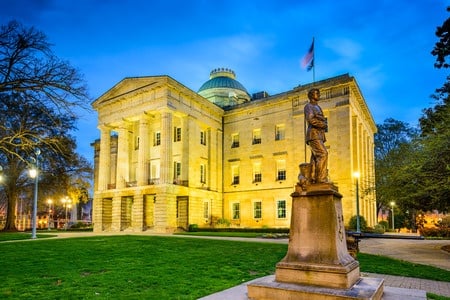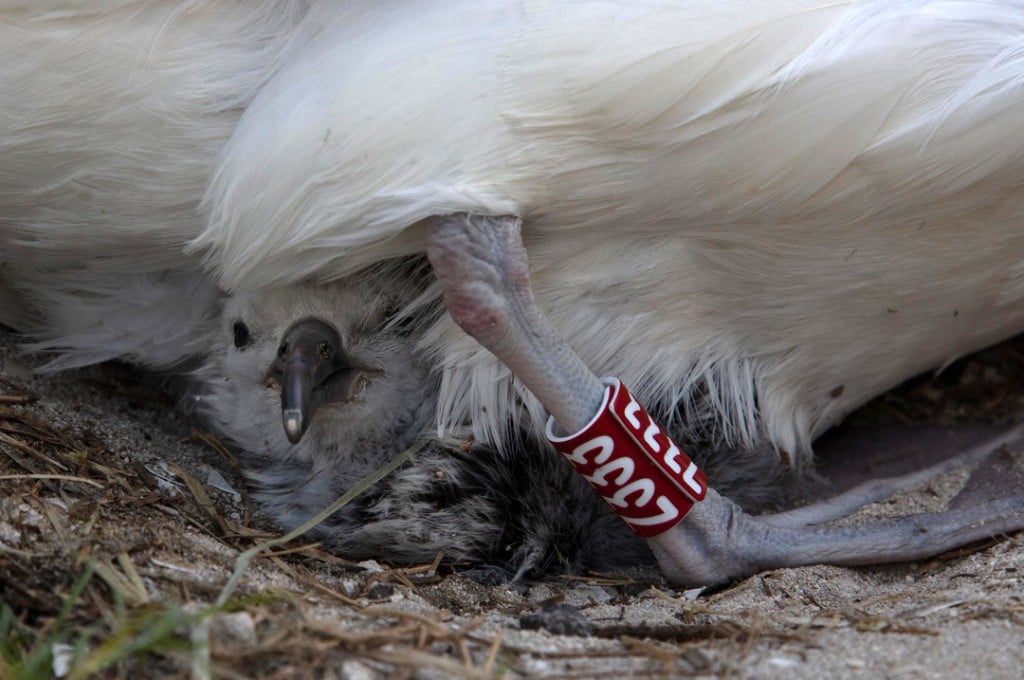Good News Headlines 3/25/2024
Beekeepers Triumph Against Deadly Insecticide
by Earthjustice
Thanks to Earthjustice’s legal work, an insecticide linked to a nation-wide honey bee die-off remains banned in California. After a California state agency approved the insecticide sulfoxaflor for use, Earthjustice successfully challenged the decision on behalf of commercial beekeepers in 2021. But industry and the state agency appealed the ruling to a higher court. The state Court of Appeals dismissed that challenge, letting our win stand. Rampant agricultural use of insecticides like sulfoxaflor over the past 20 years has contributed to the “insect apocalypse,” with honey bee colonies collapsing en masse. Most commercial bee colonies in the U.S. spend part of the year in California, so a ban on the pesticide in the state protects bees across the country.
Toilet Paper: Environmentally Impactful, But Alternatives Are Rolling Out
by Petro Kotzé, Mongabay
Toilet paper is so common in some countries it’s only noticed when it’s not there, as exemplified by the panic buying that prompted shortages when the COVID-19 pandemic began in 2020. Thought to be in use in China since the sixth century, inventor Joseph C. Gayetty patented the first U.S. commercial “medicated paper” in the 1850s. Since then, demand has soared in many places, bolstered by rising population, urbanization, shifts in demographics, changing hygiene practices, and lifestyle choices influenced by advertising. Still, only 25-30% of the world uses TP today; the rest rinse with water or use other means.
Seven Times Size Of Manhattan: The African Tree-Planting Project Making A Difference
by Jonathan Watts, The Guardian
In a world of monoculture cash crops, an innovative African project is persuading farmers to plant biodiverse forest gardens that feed the family, protect the soil and expand tree cover. Could Trees for the Future (TREES) be a rare example of a mass reforestation campaign that actually works? The United Nations Environment Programme (UNEP) certainly thinks so and last month awarded it the status of World Restoration Flagship. Since it was founded in 2015, the programme has planted tens of millions of trees each year in nine countries ranging from Senegal and Mali to Tanzania and Kenya.
Stargazer’s Paradise: Oregon Area Named World’s Largest Dark Sky Sanctuary
by Dani Anguiano, The Guardian
With clear skies and sparse trees, the Oregon outback has long been regarded as a stargazers’ paradise. Now the region is home to the world’s largest dark sky sanctuary, offering pristine views of the night sky across 2.5m acres. The Oregon outback international dark sky sanctuary received the certification this week, becoming the largest of 19 sites around the world with the same designation. The sanctuary covers Lake county in south-eastern Oregon, a remote area roughly half the size of New Jersey, and could eventually expand to include more than 11m acres.
Wisconsin To Expand Statewide EV Charging Network
by Paige Bennett, EcoWatch
Wisconsin has passed two bills allowing for the development of a statewide charging network. The bipartisan bills, Wisconsin Acts 121 and 122 (2023), were signed into law by Governor Tony Evers on March 20. As reported by Wisconsin State Journal, the laws allow the state to utilize about $78 million of federal funding from the Bipartisan Infrastructure Law’s National Electric Vehicle Infrastructure (NEVI) program. The funding will go toward increasing the number of charging stations along major state highways and interstates. The federal funding goes toward Level 3 chargers, or fast-chargers, that can recharge EVs in an hour or less.











